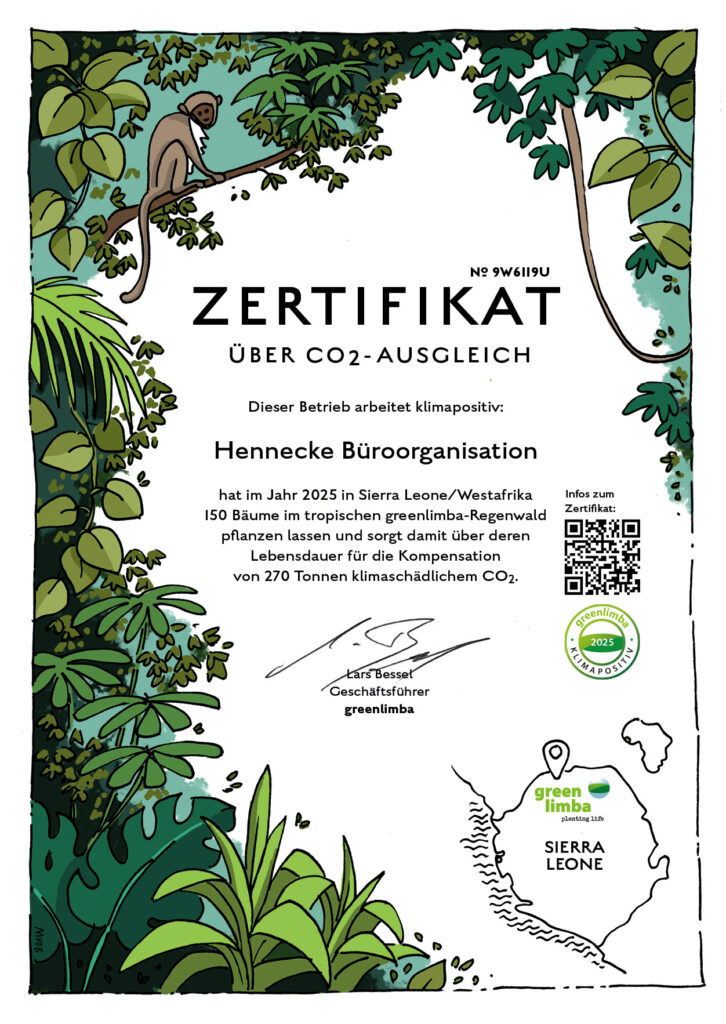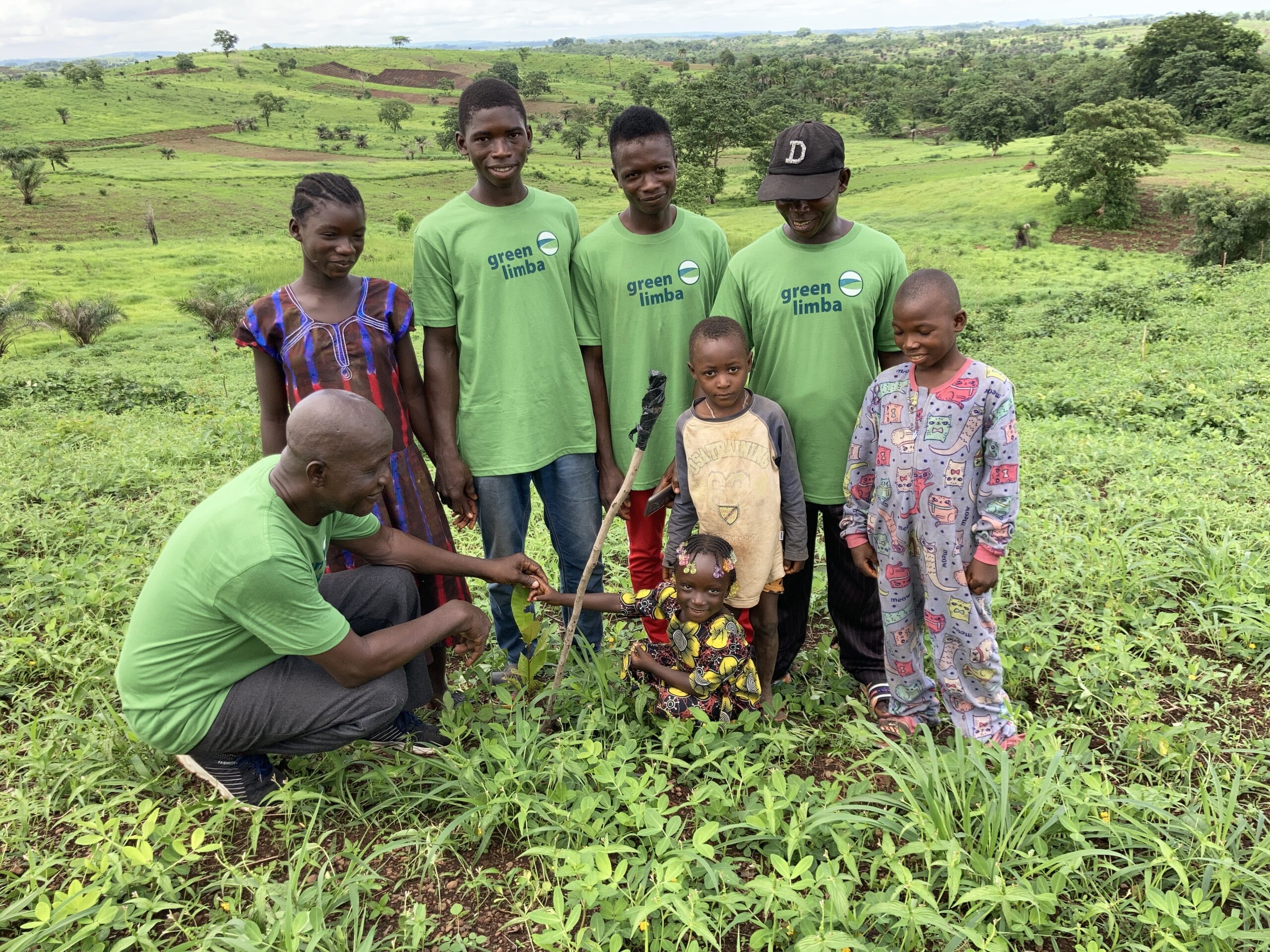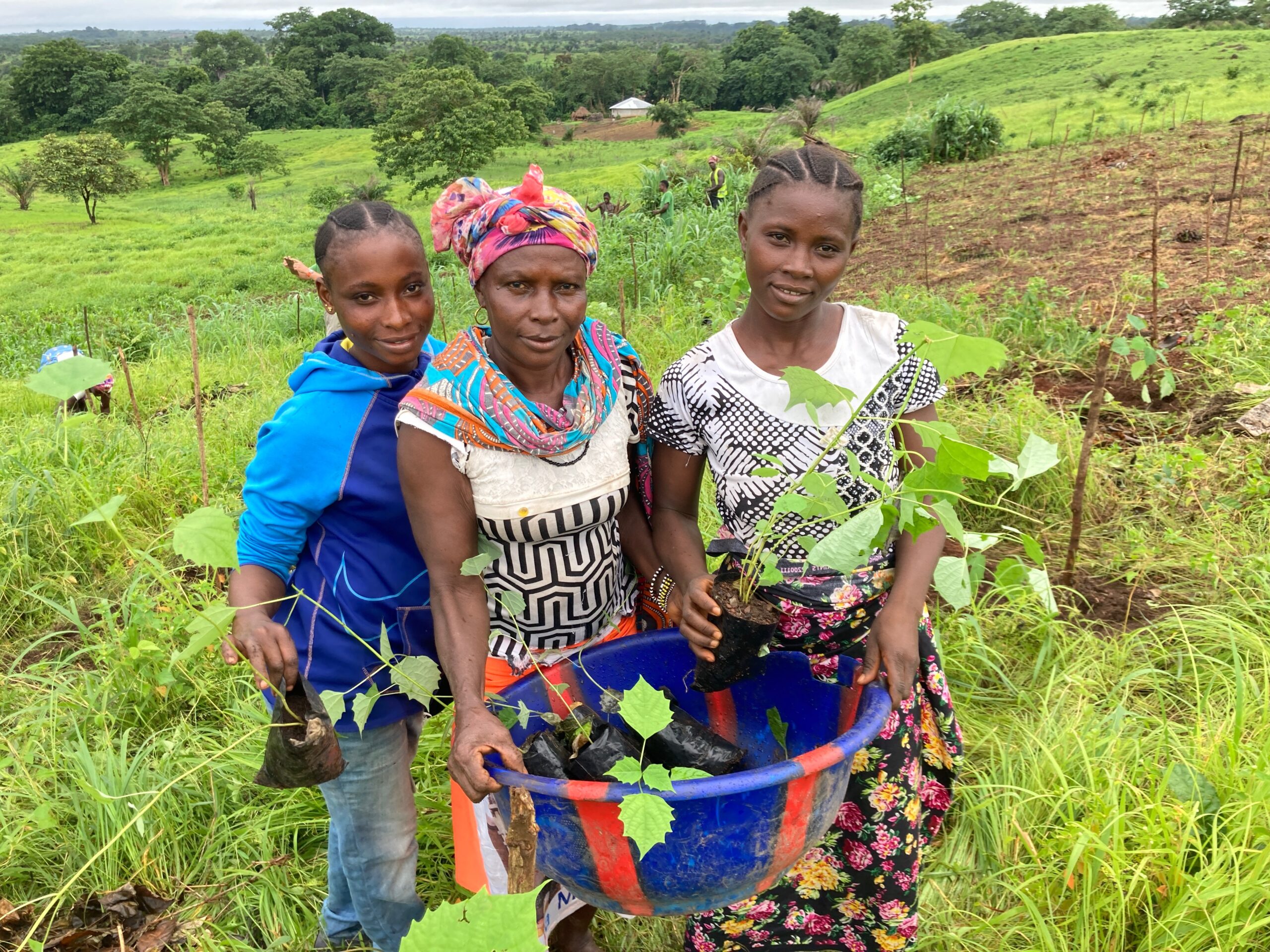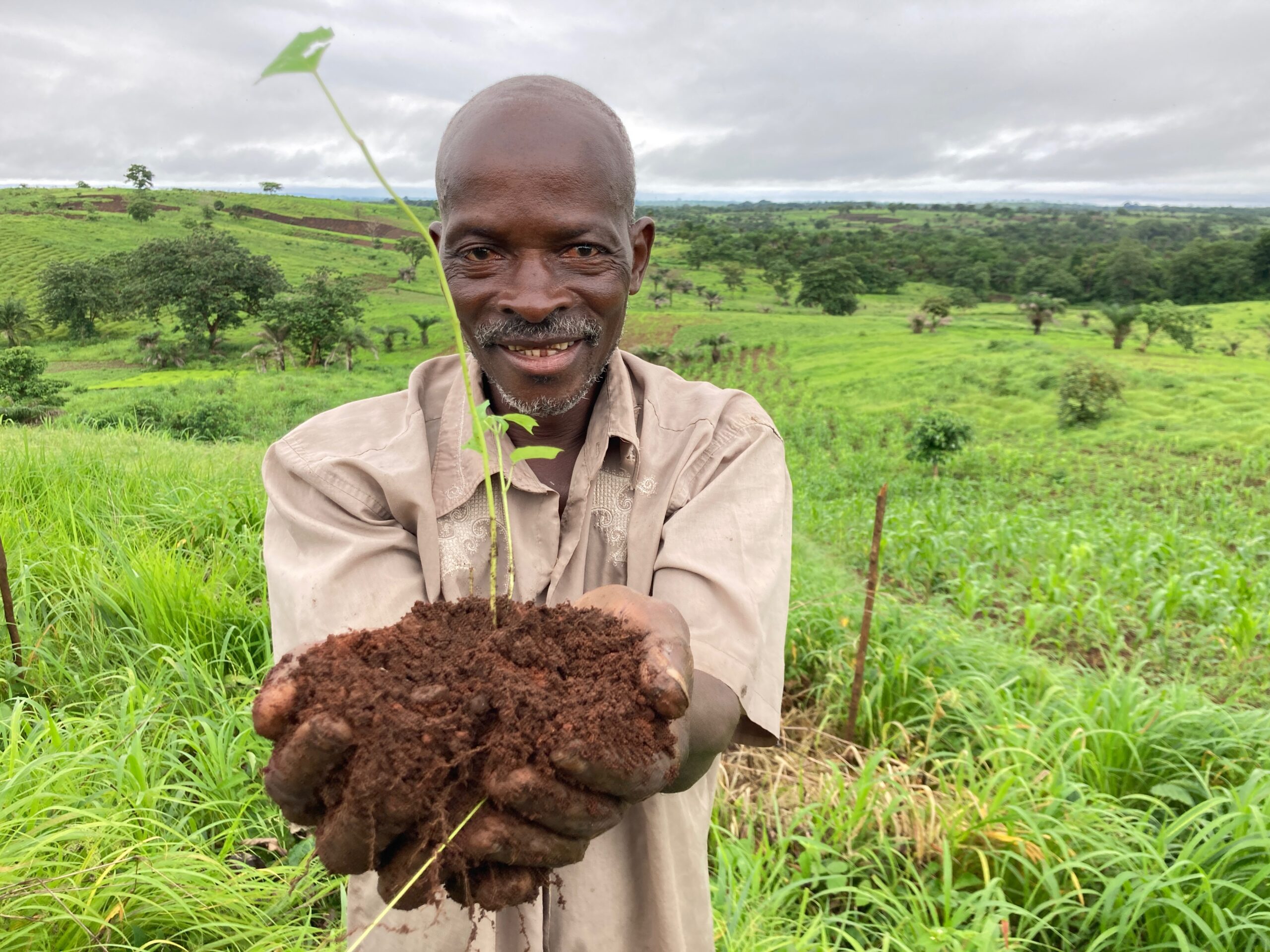greenlimba certificate of CO2 compensation

In 2025, Hennecke GmbH offset 270 tons of CO2 by planting 150 trees in the greenlimba forest in Sierra Leone.

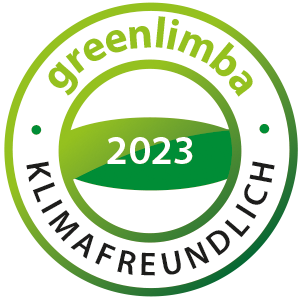
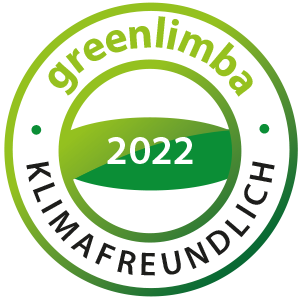
| Firma | Zertifikat | Jahr | gepflanzte Bäume | CO2-Kompensation | Plot | Status |
|---|---|---|---|---|---|---|
| Hennecke GmbH | 9W6II9U | 2025 | 150 | 270 Tonnen | G3 - Kawula | klimapositiv |
| Hennecke GmbH | 738KDRK | 2024 | 150 | 270 Tonnen | G2 - Kasimbek | klimapositiv |
| Hennecke GmbH | 81E8GM2 | 2023 | 150 | 270 Tonnen | G2 - Kasimbek | klimafreundlich |
| Hennecke GmbH | 352OW0X | 2022 | 150 | 270 Tonnen | G2 - Kasimbek | klimafreundlich |
Calculation basis
The decisive factor for the size of a company’s ecological footprint is primarily all consumption of fossil fuels such as gas (e.g. for heating) and gasoline / diesel / kerosene (e.g. for transportation). Added to this is the power consumption. This is used to calculate the annual CO2 emissions of the plant. In addition, the company’s land consumption (sealing) must be taken into account (e.g. for company buildings).
- The “climate-friendly” seal is awarded to the respective company by offsetting part of its annual emissions each year through appropriate compensatory measures (reforestation / protection).
- The respective company obtains the “climate neutral” seal by calculating its annual emissions according to greenlimba GmbH and offsetting them each year through appropriate compensatory measures (reforestation / protection).
- The “climate positive” seal is awarded to the respective company by calculating its annual emissions according to greenlimba GmbH and (over-)compensating these plus 10% through appropriate compensatory measures (reforestation / protection) each year.
About the greenlimba project
The German greenlimba GmbH plants and protects a new rainforest in the north of Sierra Leone / West Africa. With the help of this project, a significant contribution is being made against climate change by storing harmful greenhouse gases from the global north in the wood of the newly planted rainforest trees for generations. This offsets those greenhouse gas emissions that cannot be saved by the polluters.
Only trees native to Sierra Leone are planted, with emphasis on the greatest possible variety of tree species to achieve the greatest possible biodiversity. This is important not only with regard to possible pests, but also for wildlife. The mixed forest will also become home again to countless wild animals that have been deprived more and more of their livelihood (monkeys, forest elephants, reptiles, insects, birds, etc.).
The efficiency of the greenlimba project is based not least on the comparatively much longer growing season of around 9 months in West Africa. While trees in the north only photosynthesize and grow for 6 months, their counterparts in the south have 50% more time to do so. Longer growth means faster CO2 storage and higher oxygen production. In addition, there are very large areas of unused land that are lacking in the global North for a comparable reforestation project.
The formulated goal can only be realized through the intensive involvement of the landowners in the respective villages. greenlimba therefore explicitly and fundamentally plants only with the local people and not against them. The land on which the new greenlimba rainforest is being built will remain in the possession of the small farming families and sufficient expansion areas will be set aside as building land for the growing population. Agricultural land is also not only preserved, but additional fallow land is excluded from forestation for its expansion.
Global climate change can only be successfully countered if the harmful greenhouse gases are bound in the wood in the long term. The areas forested by greenlimba therefore operate as “protection forest”, in which neither felling nor hunting or prospecting for gold, diamonds, etc. is permitted. After reforestation and a transition period of two years, these areas are simply left to themselves, without any kind of human interference.

